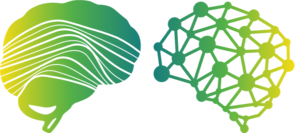eBRAIN-Health
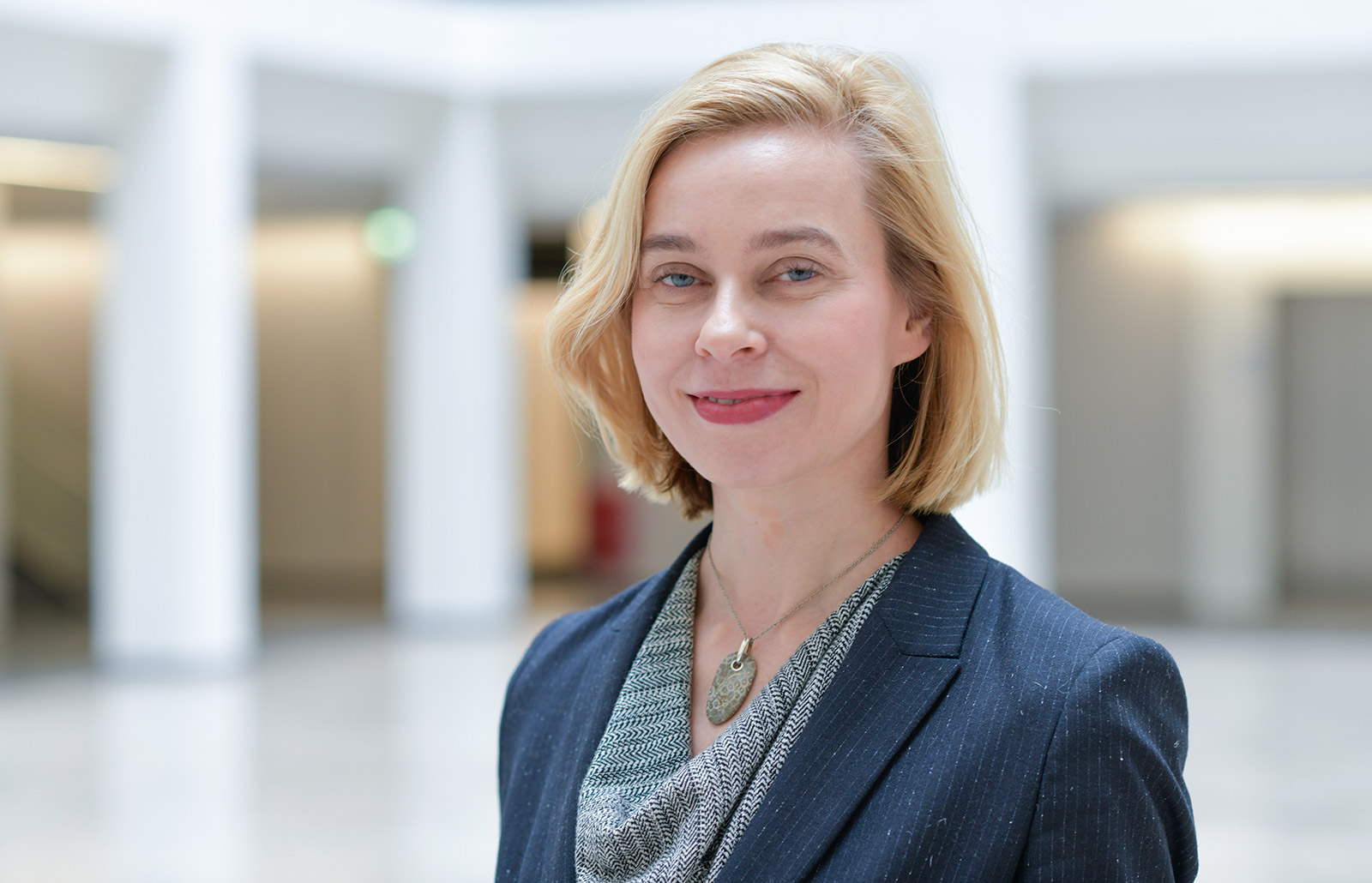
Prof. Dr. Petra Ritter
CHARITÉ
coordinator charité
'The complexity of the human brain poses a significant challenge to the investigation and hence understanding of the mechanisms governing its function and dysfunction. Digital twins are virtual models designed to reflect physical objects and offer an attractive approach for neuroscience research.'
Prof. Dr. Petra Ritter
Leader Brain Simulation Section
Berlin Institute of Health
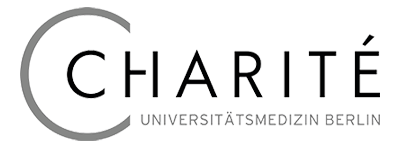
eBRAIN-Health
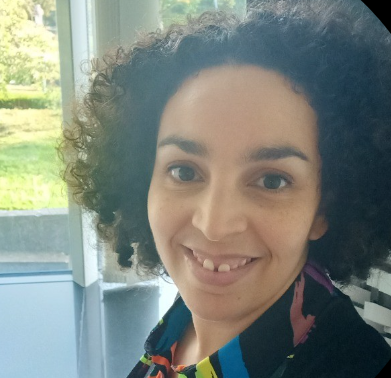
Caroline Ernoult
EBRAINS
ebrains
'EBRAINS provides digital tools and services which can be used to address challenges in brain research and brain-inspired technology development. Its components are designed with, by, and for researchers. The tools assist scientists to collect, analyse, share, and integrate brain data, and to perform modelling and simulation of brain function.'
Caroline Ernoult
Marketing Manager EBRAINS AISBL

eBRAIN-Health
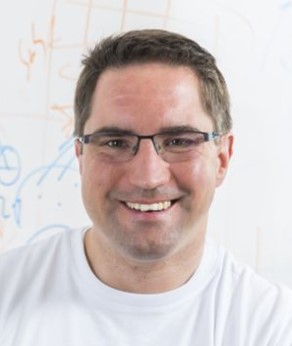
Prof. Dr. Simon Eickhoff
Forschungszentrum Jülich
forschungszentrum juelich
'Our institute is specialized in integrating multi-modal neuroimaging data and using this information to develop machine learning models for predicting complex phenotypes.'
Prof. Dr. Simon Eickhoff
Leader Brain and Behaviour (INM-7)
Institute of Neurosciences and Medicine (INM)

eBRAIN-Health

Prof. Dr. Paul Verschure
Stichting Radboud University
stichting radboud university
'The many challenges facing our society urge us to rethink technology and be guided by the efficiency and resilience of biological systems.'
Prof. Dr. Paul Verschure
Leader SPECS-lab Research Group
Donders Institute for Brain, Cognition and Behaviour

eBRAIN-Health
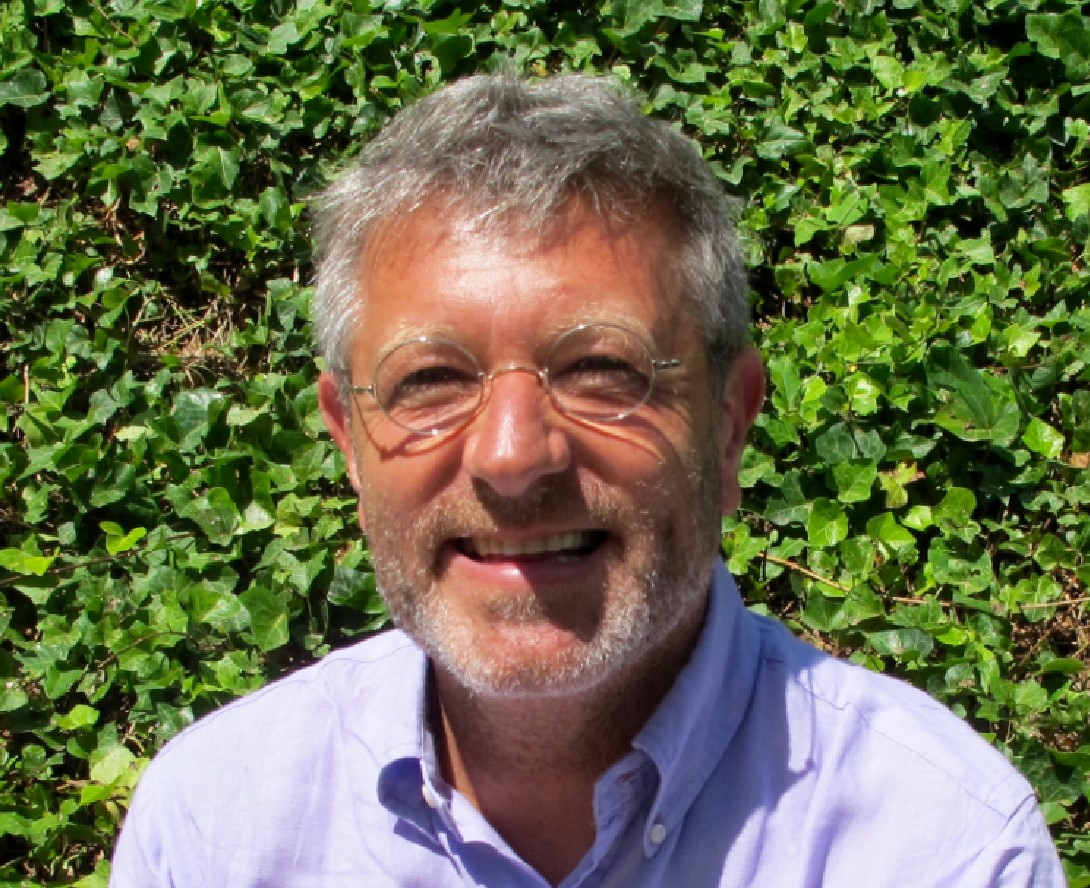
Prof. Dr. Gustavo Deco
University Pompeu Fabra
university pompeu fabra
'The main aim of my research is to elucidate precisely the computational principles underlying higher brain functions and their breakdown in brain diseases. My research allows us to comprehend the mechanisms underlying brain functions by complementing structural and activation based analyses with dynamics.'
Prof. Dr. Gustavo Deco
Leader Computational and Theoretical Neuroscience Group
Center for Brain and Cognition (CBC)

eBRAIN-Health
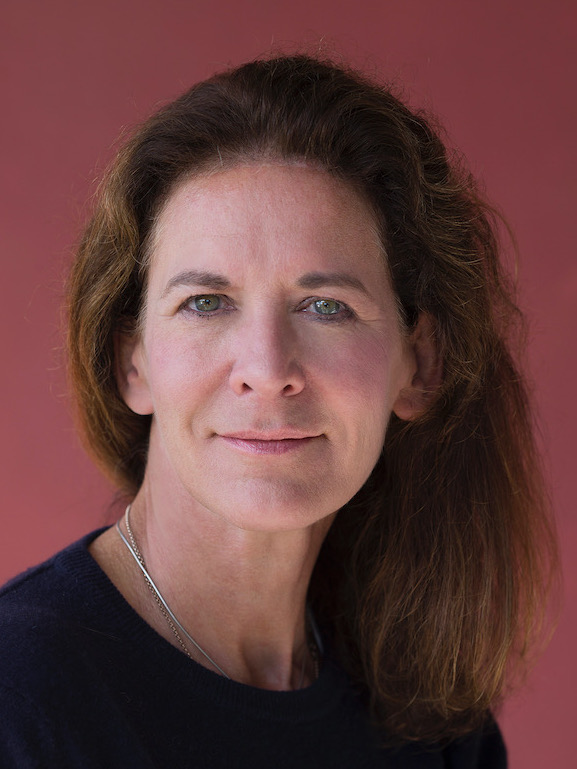
Dr. Ira Ronit Hebold Haraldsen
Oslo University Hospital
oslo university hospital
'Our aims include contribution to development of novel and innovative methods for early detection, prevention, diagnostics and treatment of neurological diseases associated with cognitive health issues.'
Dr. Ira Ronit Hebold Haraldsen
Leader Cognitive Health Research Group (CoHR)
Division for Clinical Neuroscience
Department of Neurology

eBRAIN-Health
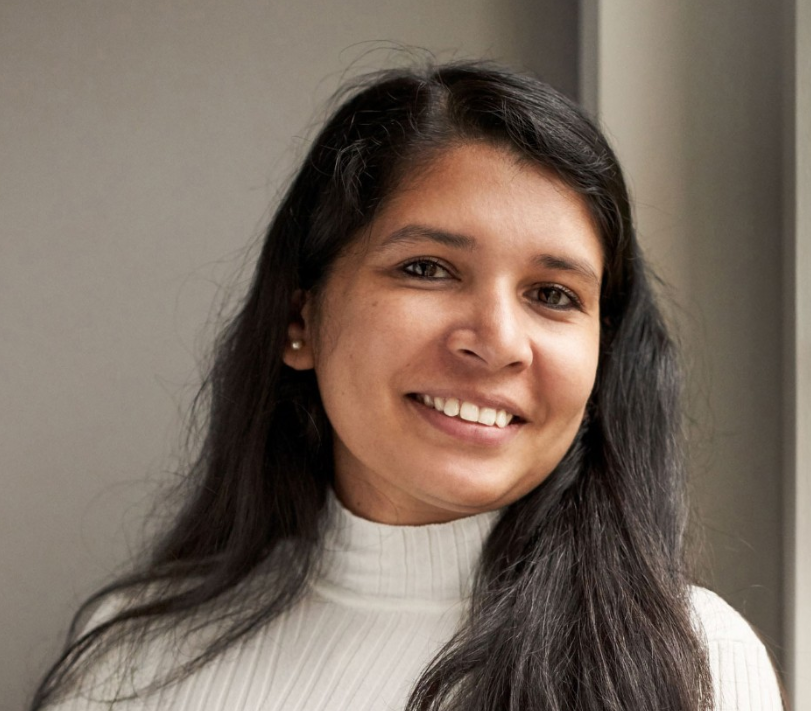
Dr. Alpha Kodamullil
Fraunhofer SCAI
fraunhofer institute SCAI
'Using automated processes, biomedical knowledge is extracted from scientific literature and made available in searchable, structured form. Semantic technologies help to represent complex biological and medical knowledge in comprehensive knowledge graphs. These computer-readable models map entire medical indication areas. One example is the complete complex of neurodegenerative diseases, such as Alzheimer's or Parkinson's.'
Dr. Alpha Kodamullil
Group leader Applied Semantics, Deputy Head of Business Area Bioinformatics
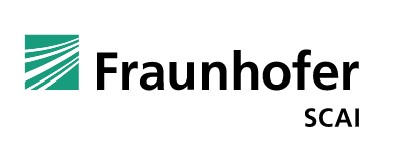
eBRAIN-Health
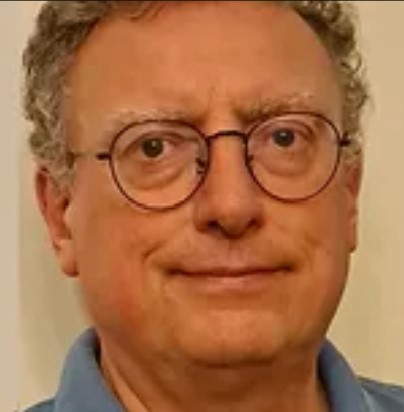
Dr. Stephane Pollentier
Indoc Europe gGmbH
indoc research europe ggmbh
'Indoc and its European subsidiary are leading the development and technical coordination for the eBRAIN-Health data platform which will allow researchers to collate an array of different types of information, including data from PET and MRI scans, EEG tests, behavioral studies and lifestyle surveys, as well as clinical data from thousands of patients and healthy controls.'
Dr. Stephane Pollentier
Managing Director Indoc Europe

eBRAIN-Health
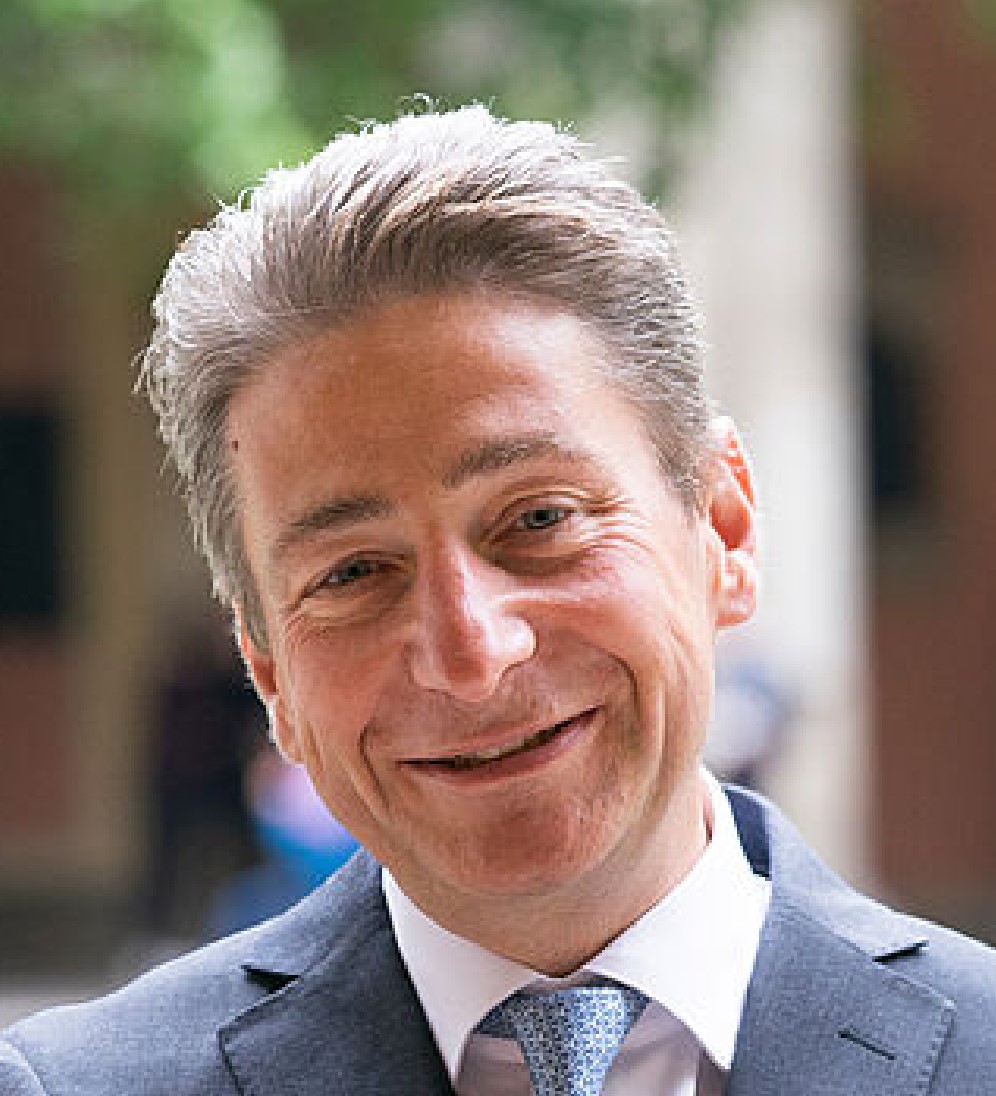
Prof. Dr. Nikolaus Forgó
University of Vienna
university of vienna
‘As experts in data protection and intellectual property law, we will examine the existing EU and national legal frameworks applicable to eBRAIN-Health, in order to provide the Consortium with guidelines on legally compliant development of technology and general conduct within the project.’
Univ.-Prof. Dr. Nikolaus Forgó
Head Department of Innovation and Digitalisation in Law

eBRAIN-Health
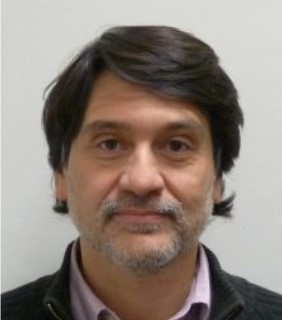
Prof. Dr. Fernando Maestú
Complutense University Madrid
complutense university of madrid
'We are interested in the study of the electrophysiological biomarkers (MEG and EEG) in combination with PET, MRI, genetics, neuropsychology, at the different stages of the Alzheimer´s Disease continuum. Specifically, we are focusing on the idea of excitation/inhibition unbalance as a key factor for cognitive impairment in dementia.'
Dr. Fernando Maestú
Director Center for Cognitive and Computational Neuroscience (C3N)
Department of Experimental Psychology

eBRAIN-Health
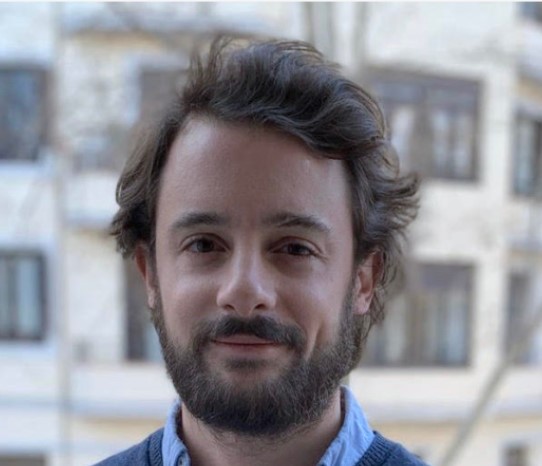
Santiago Brandi
Eodyne Systems SL
eodyne systems sl
'Eodyne is specialized in real-time interactive systems and technologies for virtual and augmented reality, ambient and wearable sensors, robotics, machine perception, cognitive processes, and user experience.'
Santiago Brandi
CEO Eodyne Systems

eBRAIN-Health
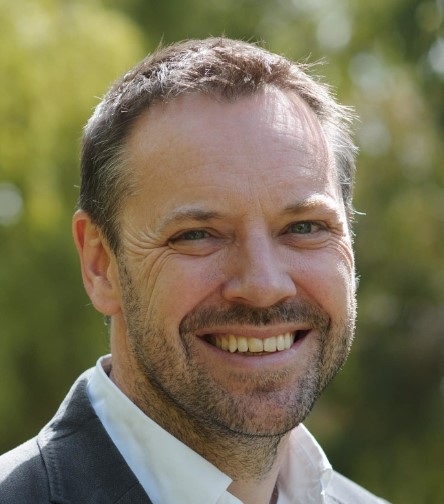
Prof. Dr. Craig Ritchie
The University of Edinburgh
the university of edinburgh
'As Professor of Psychiatry of Ageing, my interests lie in translational epidemiology and clinical trials for the secondary prevention of dementia.'
Prof. Dr. Craig Ritchie
Chair Psychiatry of Ageing
Director Centre for Dementia Prevention

eBRAIN-Health
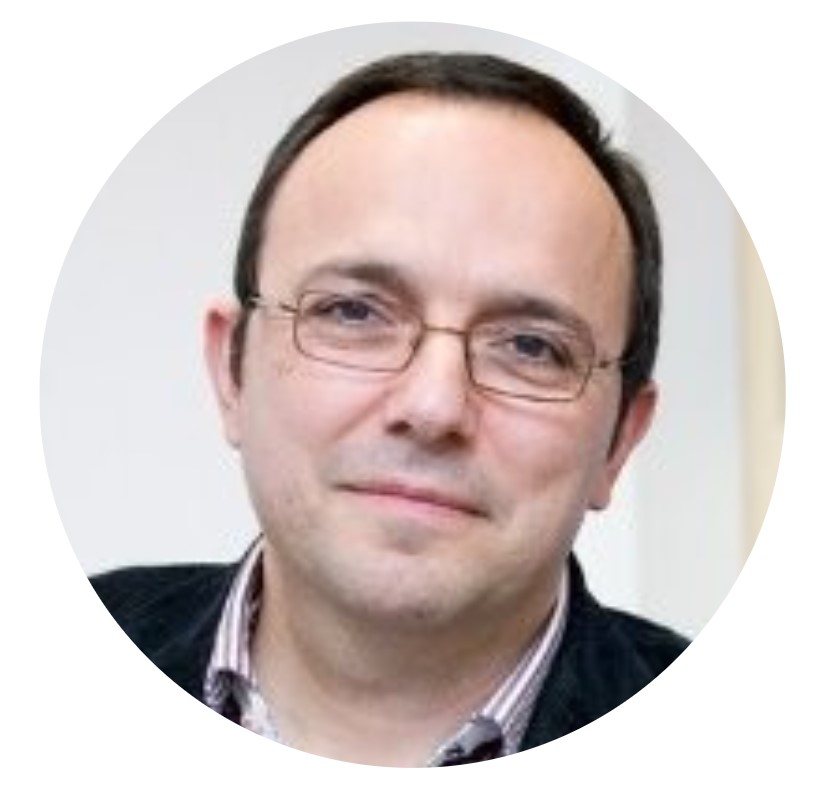
Prof. Dr. Yannis Ioannidis
athena research & innovation center
athena research & innovation center
'My research interests include database and information systems, data infrastructures & digital repositories, scalable data processing, data science, data and text analytics, recommender systems and personalisation, and digital storytelling.'
Prof. Dr. Yannis Ioannidis
President and General Director Athena

eBRAIN-Health
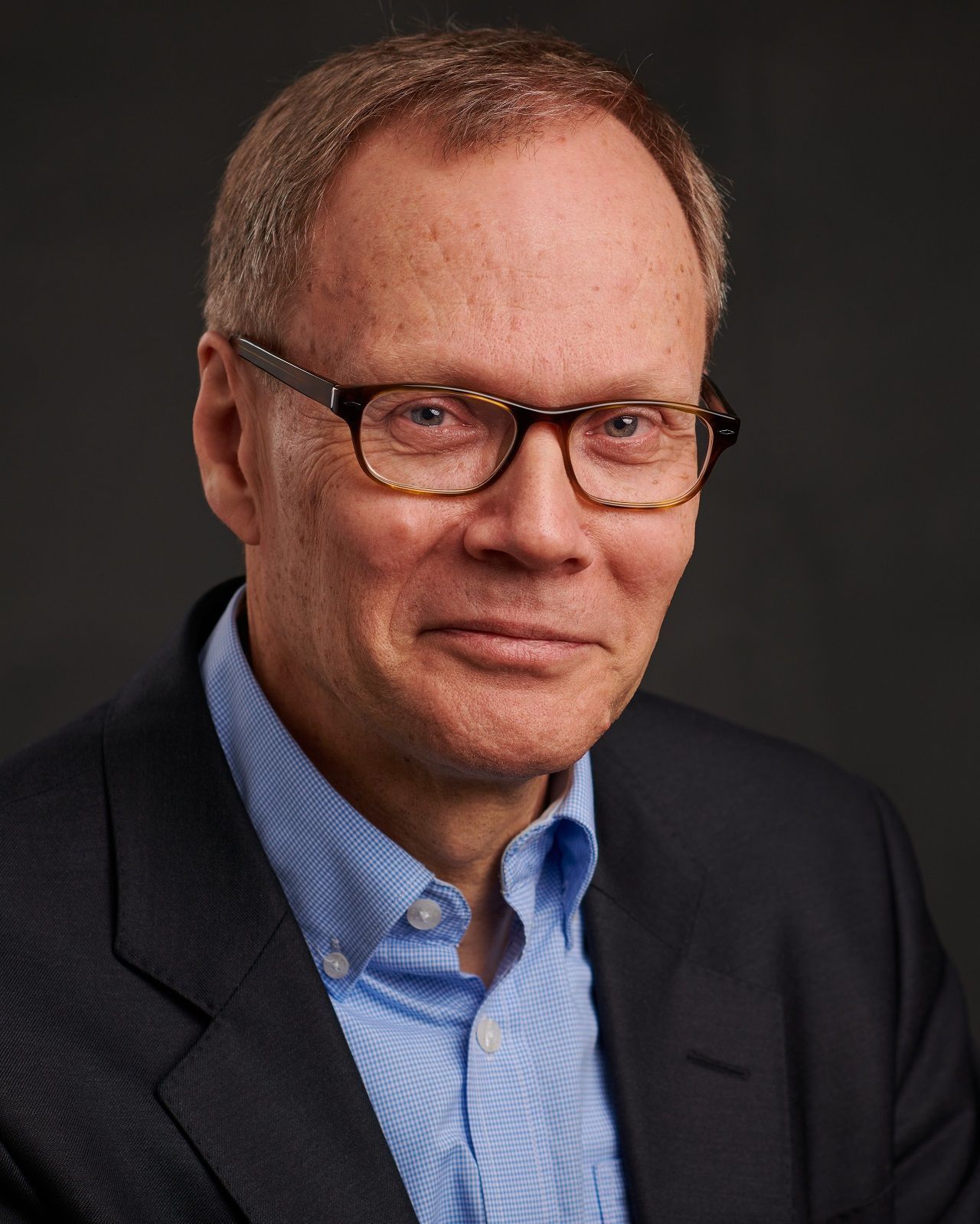
Jan G. Bjaalie, Prof MD PhD
University of Oslo
university of oslo
'My academic interests are Collaborative and Open science and the enabling tools that make it possible, Neuroinformatics: from ontologies to cyberinfrastructure for data management; practical implementation of data sharing and reuse, Brain architecture: next generation digital brain atlasing, Wiring patterns of the brain / brain connectivity, and Map transformations in sensory systems of the brain.'
Prof. Dr. Jan Bjaalie
Dean Research and Innovation
Faculty of Medicine

eBRAIN-Health
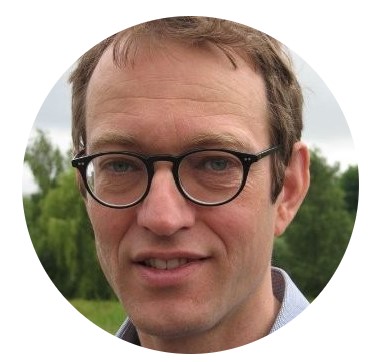
Dr. Pieter Jelle Visser
Stichting VUmc
stichting vumc
'As a clinical epidemiologist, my research focuses on the pathophysiology, diagnosis, prognosis and treatment of predementia Alzheimer’s disease by combining different modalities such as imaging, proteomics, genetics and digital markers.'
Dr. Pieter Jelle Visser
Associate Professor Division Neurology
Associate Professor Amsterdam Neuroscience - Neurodegeneration

eBRAIN-Health
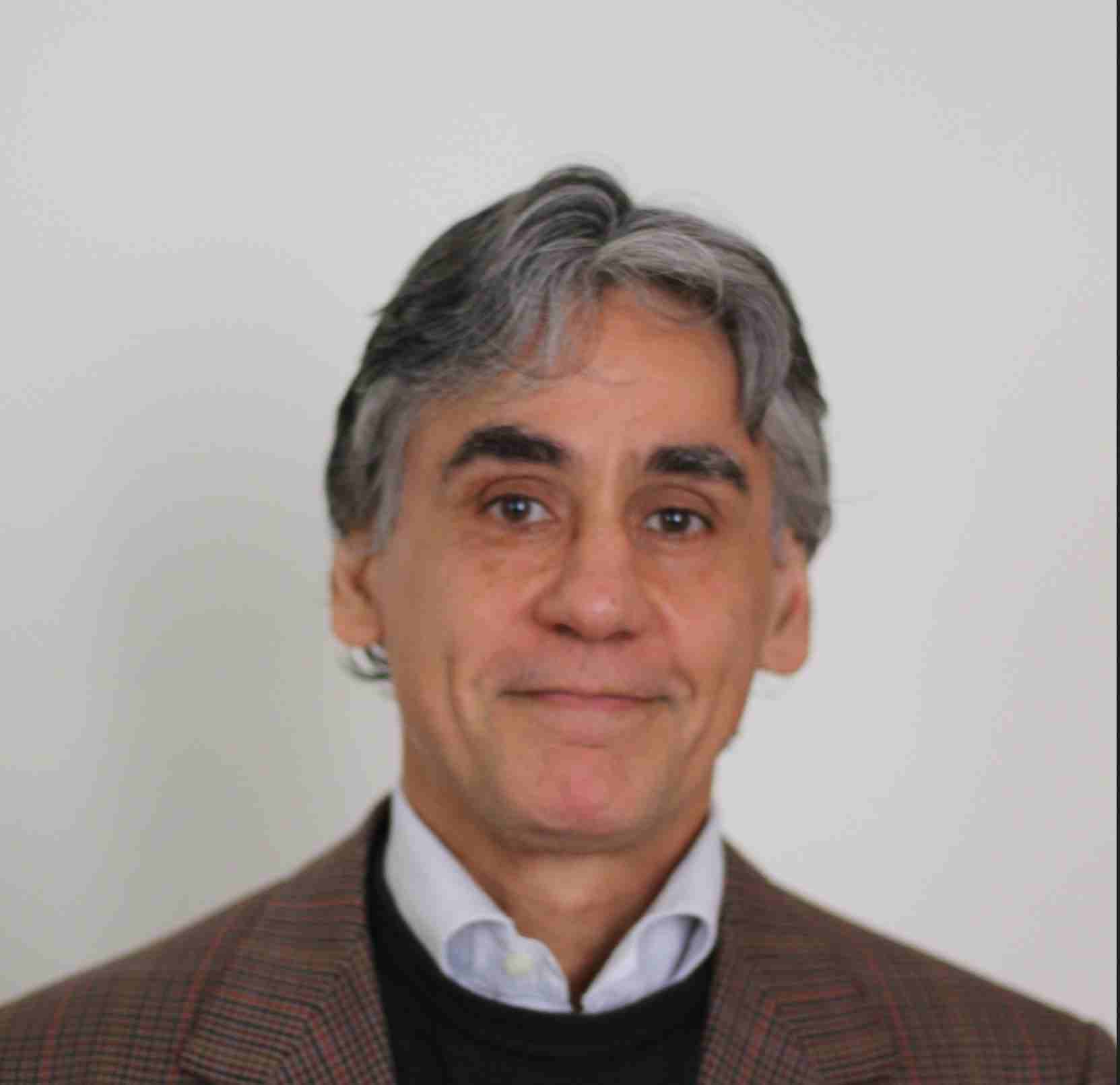
Prof. Claudio Babiloni, PhD
Sapienza University of Rome
sapienza university of rome
'We surf on EEG waves to investigate brain rhythms underlying the regulation of vigilance, consciousness, and cognitive functions in physiological and pathological aging, focusing on Alzheimer's and related neurodegenerative diseases. We love sharing our sport with the eBRAIN Twins.'
Prof. Dr. Claudio Babiloni
Head Laboratory of High-Resolution EEG
Department of Physiology and Pharmacology “V. Erspamer”

eBRAIN-Health

Prof. Dr. Gilles Allali
Lausanne University Hospital CHUV
lausanne university hospital
'Our department brings together the services of Neurosurgery, Neurology, and Neuropsychology and Neurorehabilitation at the CHUV as well as a Memory Centre, a Neuroscience research Centre and a Spinal Surgery Centre. We offer integrated, personalised treatments for patients suffering from diseases of the central and peripheral nervous system, from the brain to the muscles.'
Prof. Dr. Gilles Allali
Director Leenaards Memory Center

eBRAIN-Health
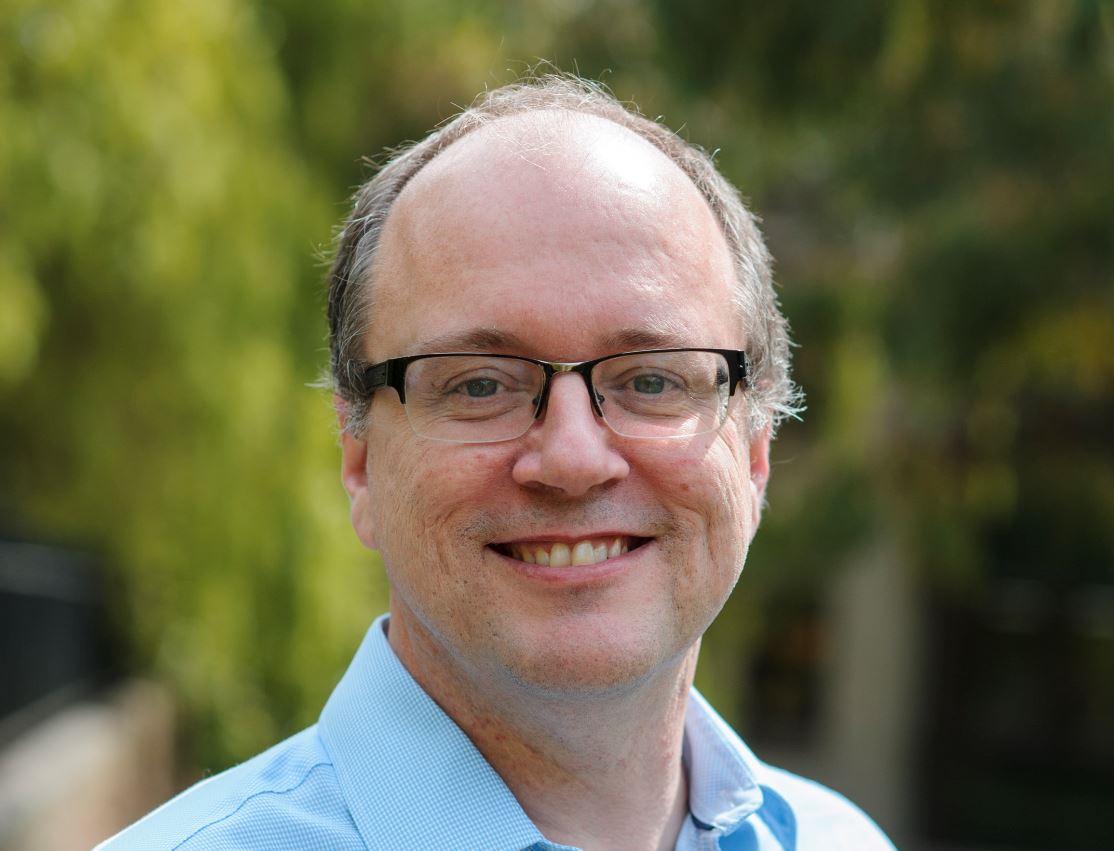
Jean Georges
Alzheimer Europe
patient organisation alzheimer europe
'The digital twins have the potential to improve our understanding of brain function and disease at an individual level; improve diagnosis and risk prediction, and optimise potential therapies. Alzheimer Europe will lead the public involvement activities in eBRAIN-Health, and contribute to communications and outreach work.'
Jean Georges
Executive Director Alzheimer Europe
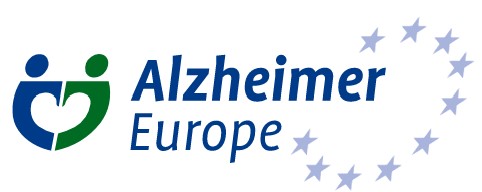
eBRAIN-Health
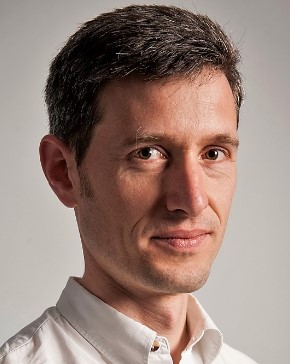
Dr. Bertrand Thirion
INRIA
institut national de recherche en informatique et automatique
'Machine learning is an essential tool for current and future large-scale population studies . What we need to build together are reliable model diagnosis tools, that unambiguously identify the important inputs to the model and provide simpler, explainable and trustworthy predictive models.'
Dr. Bertrand Thirion
Head of Parietal team

eBRAIN-Health
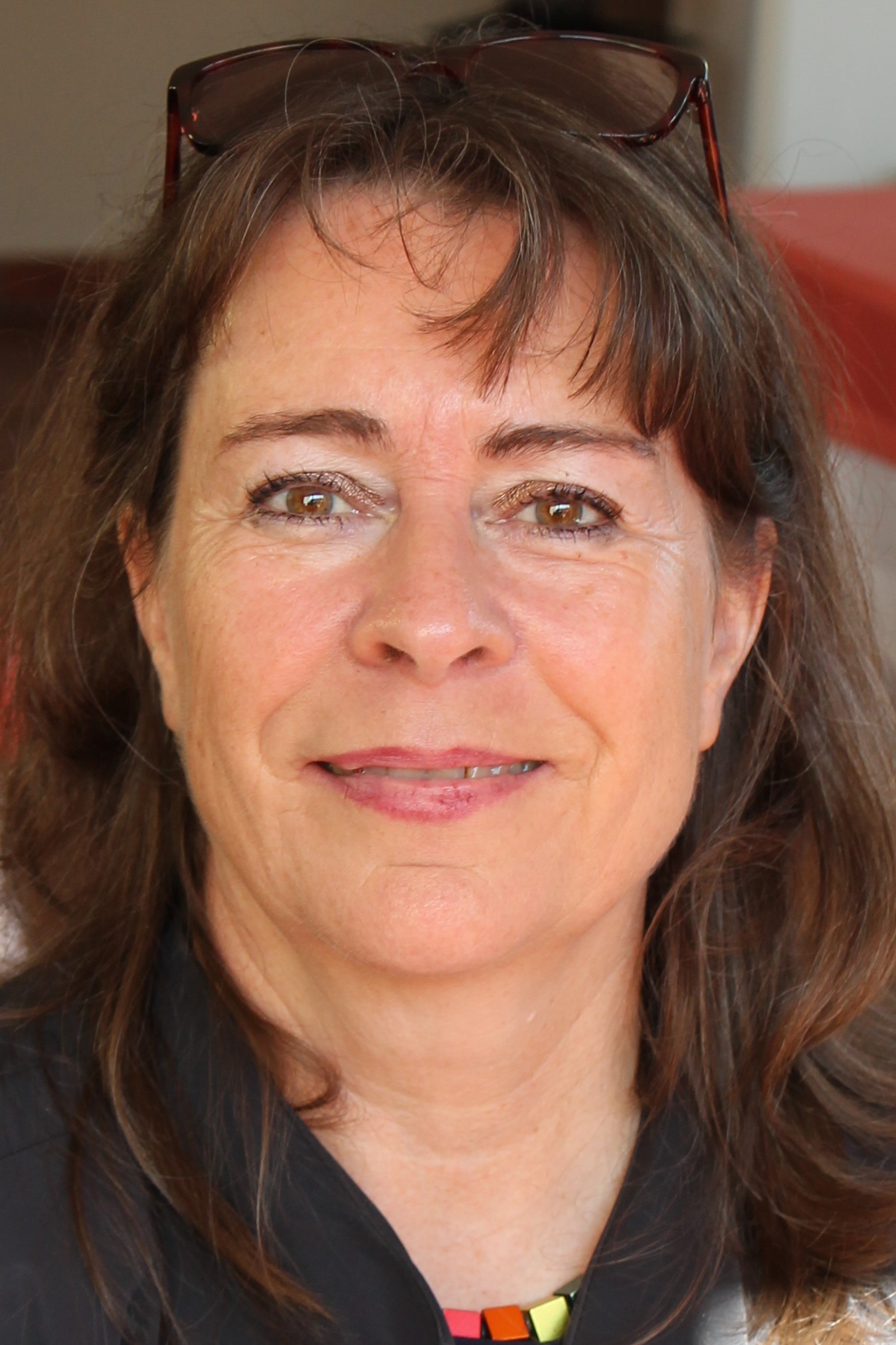
Dr. Petra Zalud
tp21 GmbH
tp21 GmbH
'tp21 has longstanding experience in managing EU funded projects in health research. Our professional management strategy enables a smooth project run.'
Dr. Petra Zalud
CEO tp21
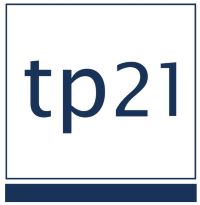
eBRAIN-Health
-

Peter-Andreas Löschmann, PhD
Independent Consultant
-
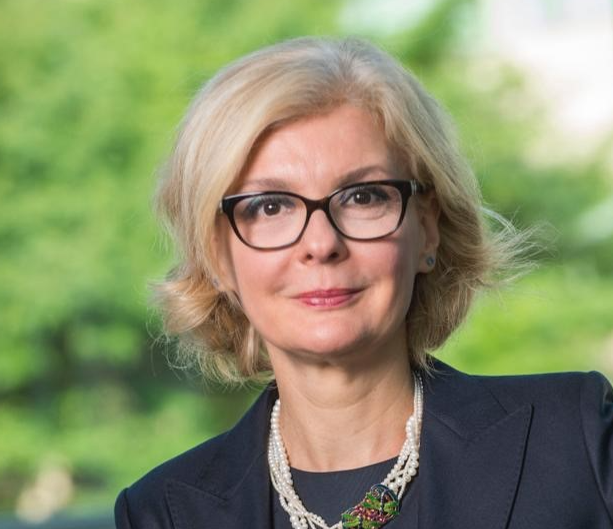
Dr. Ruxandra Draghia Akli
J&J
-

Dr. Jan-Oliver Wagner
Greenbone AG
-

-

-

scientific, technical and ethics advisory board
eBRAIN-Health Scientific, Technical and Ethics Advisory Board (STEAB) advises the consortium in all questions regarding clinical research and technical development, data sharing, standards, ethics, legal affairs, data preservation, new potential treatment options, but also on possible exploitation limitations.
